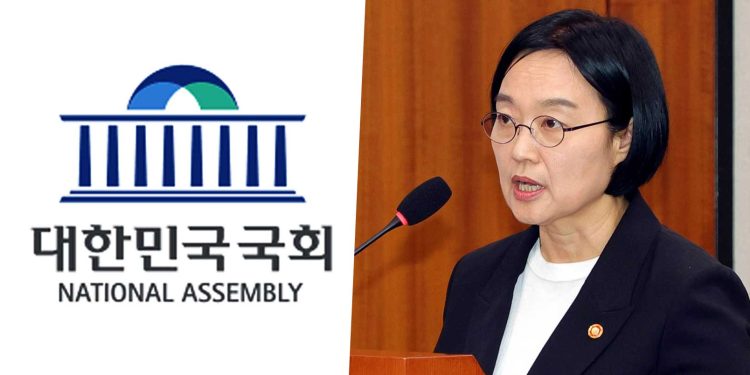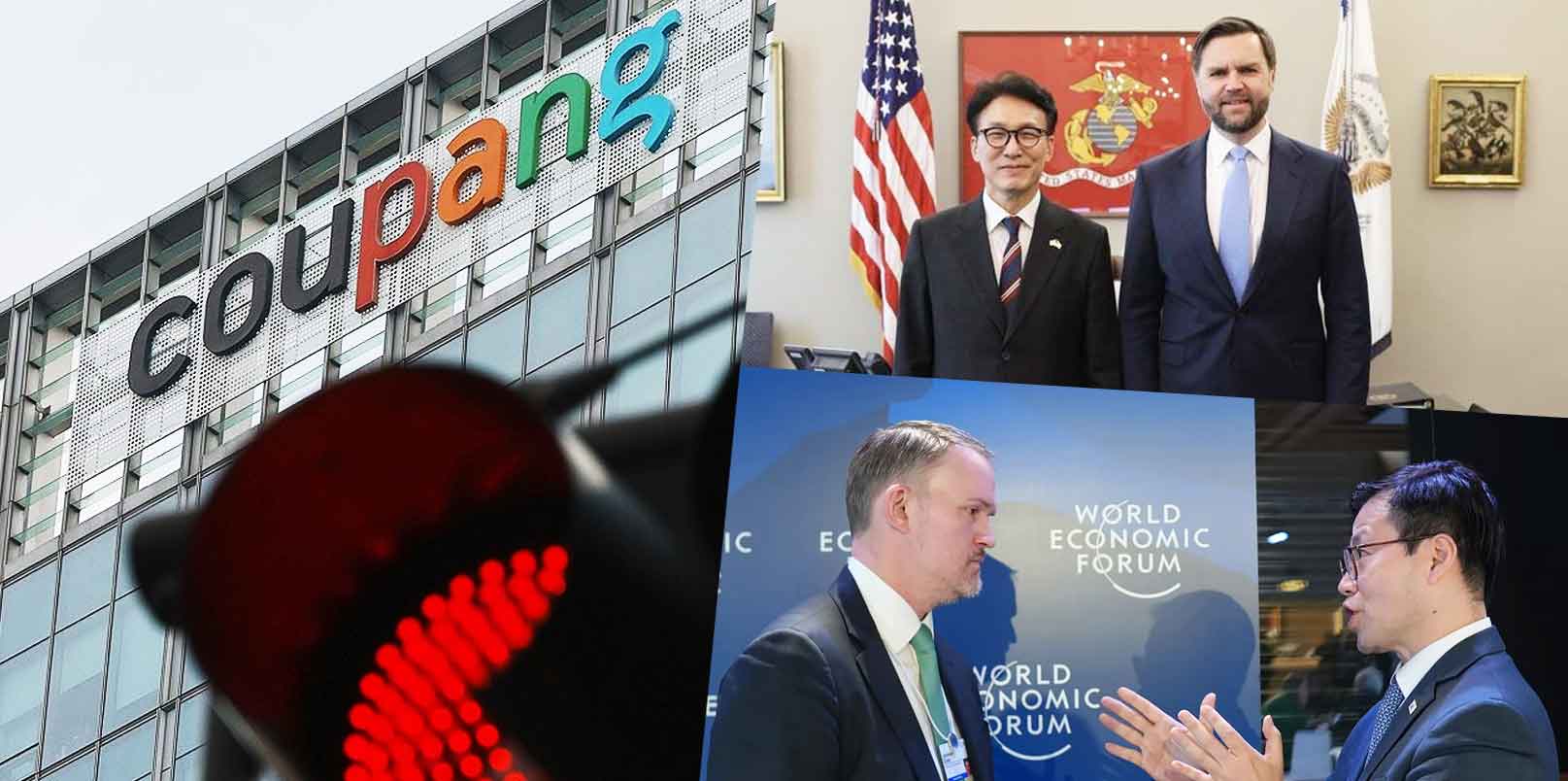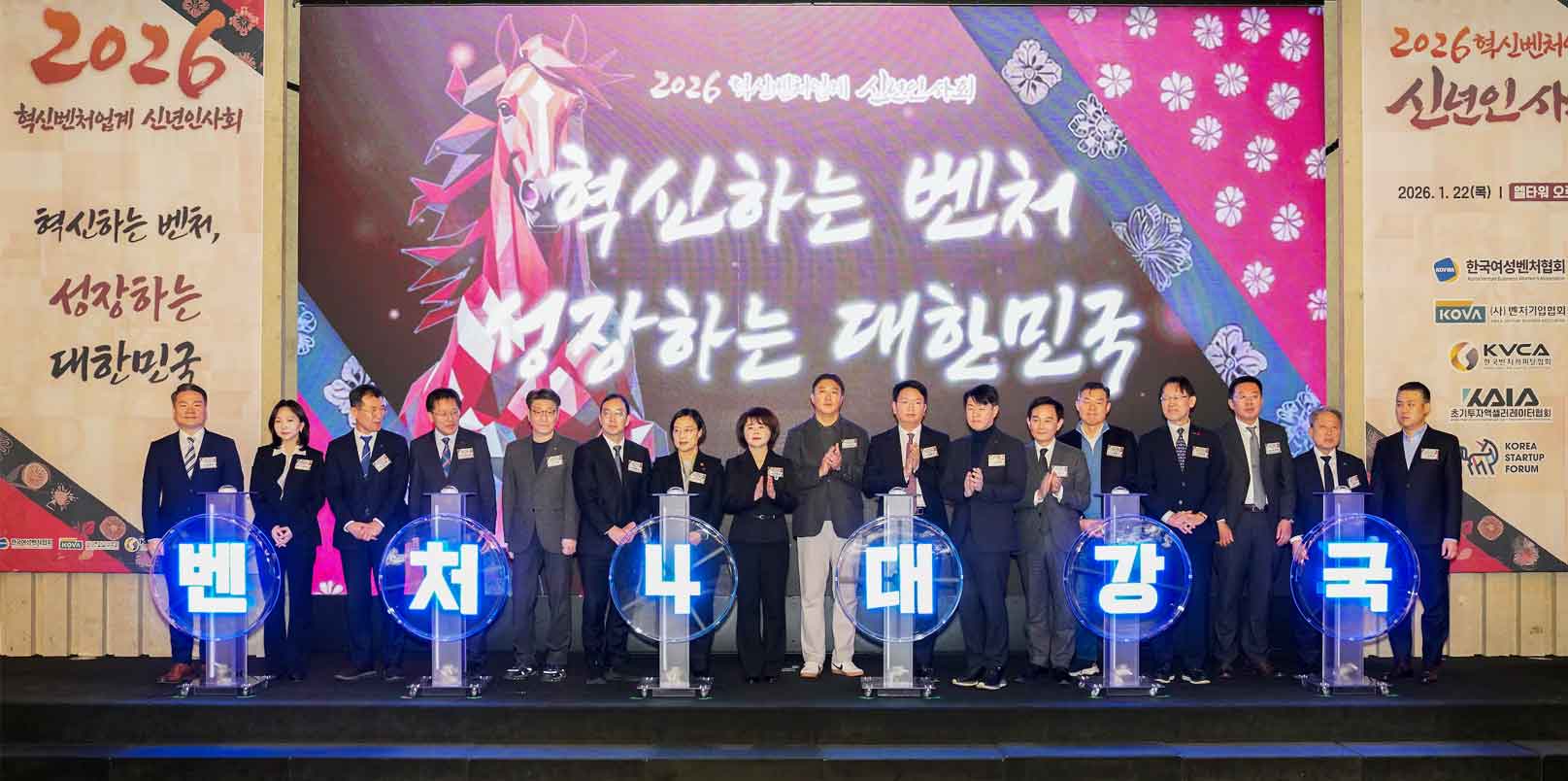As Korea’s innovation economy enters a pivotal transformation driven by AI and regional reform, the National Assembly’s audit of the Ministry of SMEs and Startups (MSS) is more than a policy check—it is a stress test for the nation’s startup governance. For global investors and founders, the outcomes will signal how effectively Korea can align funding, fairness, and innovation execution.
Lawmakers Scrutinize Korea’s SME and Startup Policies During Annual Audit
The Ministry of SMEs and Startups (MSS) faces parliamentary scrutiny this week as lawmakers examine the effectiveness of Korea’s startup and small business policies amid ongoing economic headwinds and rapid AI transformation.
The National Assembly’s Trade, Industry, Energy, SMEs and Startups Committee began its audit on October 14, questioning whether current initiatives—designed to stabilize small merchants, promote fair trade with platforms, and drive digital innovation—are producing tangible impact.
This marks the first audit appearance of Minister Han Seong-sook, who assumed office earlier this year. Lawmakers are expected to focus on policy efficiency, regional balance, and technology protection, with special attention to programs supporting digital transformation and AI-driven competitiveness among SMEs.
Key Focus Areas: Digital Transformation, Fair Trade, and Small Business Recovery
Discussions center on the real-world effectiveness of government measures that aim to restore small business activity and prepare SMEs for Korea’s next growth phase in the AI era.
The core issues under review include:
- The effectiveness of the “Three-Part Small Business Support Package”—covering the Biz Plus Card, Burden Relief Credit, and delivery and logistics fee support.
- The fairness of platform-SME business relationships and enforcement of equitable digital marketplace practices.
- The AI transformation policy and its adoption rate among SMEs and startups.
The Onnuri Gift Certificate Program, designed to revitalize traditional markets and local districts, also returns to the agenda after previous concerns about misuse and market distortions. Lawmakers are now questioning the impact of recent relaxed eligibility standards for participating merchants.
Minister Han’s Policy Priorities and Government Spending Review
Minister Han has outlined five major policy pillars since taking office:
- Expanding safety and disaster relief frameworks for small business owners.
- Accelerating digital and AI adoption among SMEs.
- Advancing Korea’s position as a top global startup and venture economy.
- Strengthening large–small enterprise collaboration mechanisms.
- Boosting regional innovation capacity and local economies.
The ministry allocated KRW 16.84 trillion (~ USD 12 billion) in its 2026 budget proposal, with KRW 5.53 trillion dedicated to small business crisis recovery and growth initiatives. Lawmakers, however, are questioning how much of this funding translates into measurable outcomes, given persistent concentration of capital and support in the Seoul capital region.
The proposal to create a second Vice Minister post dedicated to small business affairs is also being discussed as part of the broader structural reform agenda to strengthen administrative capacity for SME and startup policies.
Technology Theft, R&D Cuts, and Export Pressures Under Review
Another key topic is technology protection for SMEs, particularly in sectors where intellectual property leakage has become a barrier to growth. The government recently introduced the “K-Discovery System,” a Korean-style pretrial evidence disclosure framework, to help small firms defend against technology theft by larger corporations. Lawmakers are expected to review its early results and enforcement capacity.
Additionally, the audit will address concerns over research and development (R&D) budget reductions under the Yoon Suk-yeol administration, which have reportedly affected the startup and SME innovation pipeline.
Export-oriented SMEs are also facing increasing strain under heightened tariff conditions linked to U.S. trade measures, prompting questions about the ministry’s support mechanisms for global market resilience.
Corporate Testimonies from Korea’s Leading Platform Executives
Several high-profile platform executives have been called to testify, including:
- Park Dae-jun, CEO of Coupang,
- Kim Beom-seok, CEO of Woowa Brothers (Baemin), and
- Lee Joo-chul, CEO of W Concept.
Their participation signals broader parliamentary interest in digital platform governance, fair transaction standards, and startup–platform cooperation frameworks that impact thousands of small merchants and digital SMEs.
Follow-up audits for MSS-affiliated institutions—including the Korea Technology Finance Corporation (KOTEC), Korea SMEs and Startups Agency (KOSME), Small Enterprise and Market Service (SEMAS), Korea Venture Investment Corp. (KVIC), and Korea Institute of Startup & Entrepreneurship Development (KISED)—are scheduled for October 23, followed by the comprehensive MSS audit on October 29.
A Critical Test for Korea’s Innovation Model
This year’s parliamentary review arrives at a crucial time for Korea’s innovation-driven economic agenda.
While the government continues to promote digital transformation, regional balance, and SME competitiveness, the audit underscores a recurring challenge: bridging the gap between ambitious policies and practical outcomes.
These proceedings offer crucial insights for global investors and partners, especially on the credibility of government-led startup funding, policy direction of AI and digital innovation programs, and Korea’s ongoing efforts to balance metropolitan and regional growth.
Ultimately, the audit’s findings may influence next year’s venture policy frameworks, R&D funding models, and SME governance reforms, shaping how Korea positions itself as a sustainable innovation hub within the Asia-Pacific economy.
Policy Credibility and Execution Under the Spotlight
The 2025 parliamentary audit highlights a growing consensus: Korea’s startup policies must evolve beyond funding announcements and focus on execution, regional inclusion, and long-term competitiveness.
The outcomes of this session are expected to guide the next phase of the Ministry of SMEs and Startups’ innovation strategy, including budget realignment and potential structural reform. As Korea seeks to sustain momentum amid AI disruption and funding disparities, the question remains—can its SME and startup policy architecture truly deliver the inclusive innovation the country envisions?
– Stay Ahead in Korea’s Startup Scene –
Get real-time insights, funding updates, and policy shifts shaping Korea’s innovation ecosystem.
➡️ Follow KoreaTechDesk on LinkedIn, X (Twitter), Threads, Bluesky, Telegram, Facebook, and WhatsApp Channel.






